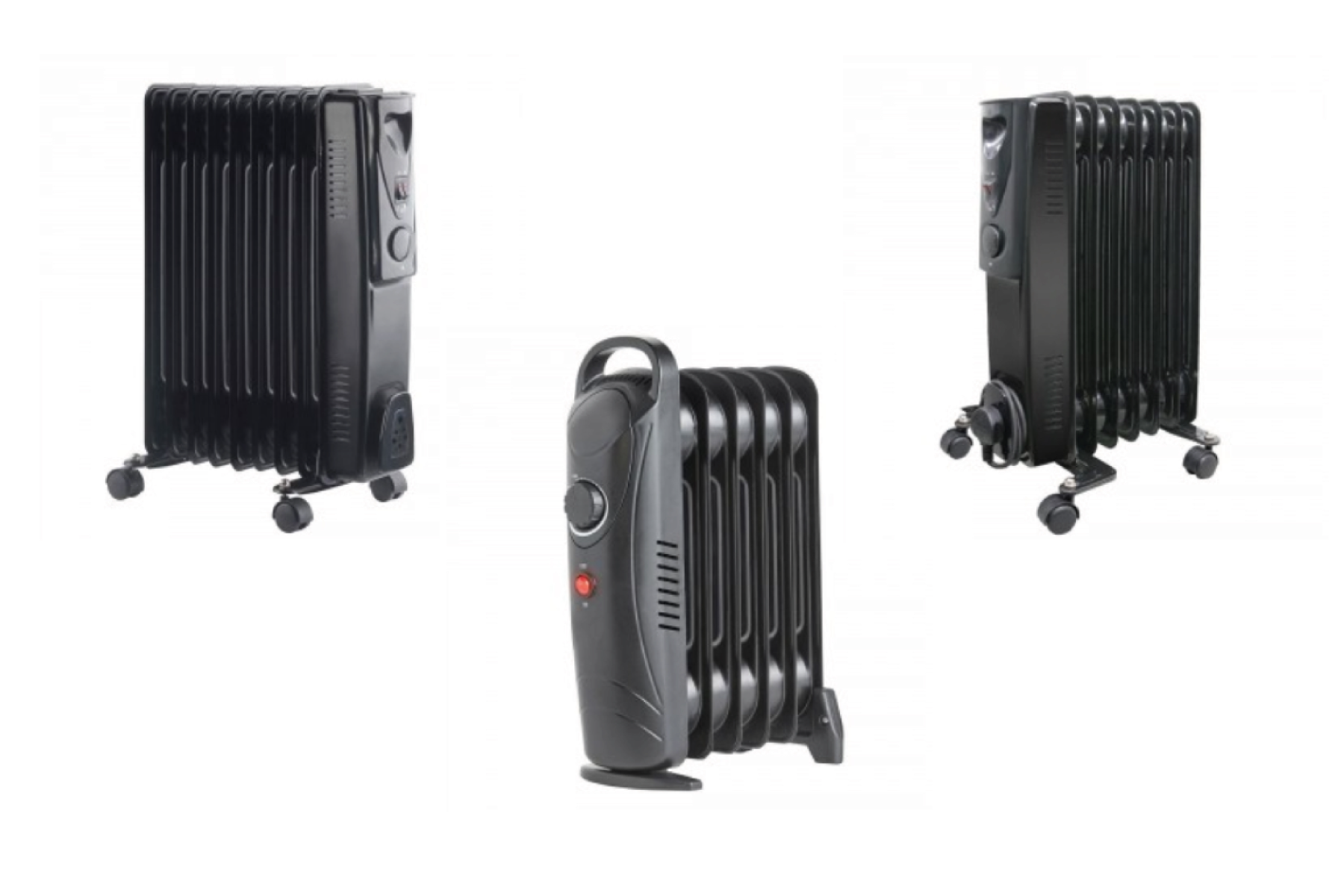When it comes to heating your home, you want a solution that keeps you warm without breaking the bank. oil-filled radiators are a popular choice, known for their efficient heating, but there's a burning question: do they use a lot of electricity? In this comprehensive guide, we'll break down how these radiators work, what factors influence their energy consumption, and whether they're an economical heating solution. Let's dive in.

How Do Oil-Filled Radiators Work?
Before we discuss electricity usage, let's understand the basics. Oil-filled radiators are portable heaters that use electricity to heat oil inside their columns. This oil retains heat exceptionally well, allowing the radiator to continue emitting warmth even after it's turned off. This makes them efficient in terms of both energy usage and cost.
Factors Affecting Electricity Consumption
The amount of electricity an oil-filled radiator uses depends on several factors:
- Power Rating and Wattage: The radiator's power rating, typically measured in watts (W), directly influences energy consumption. A higher wattage radiator heats a room faster but may use more electricity.
- Heating Duration and Usage Patterns: The longer you run your radiator and the higher the heat setting, the more electricity it will consume.
- Room Size and Insulation: Larger rooms or poorly insulated spaces may require more heat and, therefore, more electricity.
- Temperature Settings and Thermostats: Using the thermostat to maintain a comfortable temperature helps regulate energy usage. Radiators with adjustable thermostats allow you to control the heat output.
Comparing Oil-Filled Radiators To Other Heating Aids
To understand if oil-filled radiators use a lot of electricity, it's essential to compare them to other heating methods:
Vs. Convection Heaters: Oil-filled radiators are generally more energy-efficient than convection heaters because they retain heat, making them cost-effective in the long run.
Vs. Ceramic Heaters: Ceramic heaters may be quicker to heat up, but they lack the heat retention of oil-filled radiators. This can result in higher energy consumption in the long term.
Vs. Central Heating Systems: While central heating can be efficient, it's often more expensive to run due to the heat loss in pipes and ducts.

Calculating Energy Costs
To estimate the electricity consumption of your oil-filled radiator,you need to understand kilowatt-hours (kWh) and use a few simple calculations.
Understanding Kilowatt-Hours (kWh):: 1 kWh is equivalent to using a 1,000-watt device for one hour. You'll find the radiator's power rating in watts on its label.
Estimating Energy Consumption: Multiply the radiator's wattage by the number of hours you plan to use it daily. For example, a 1500W radiator used for 5 hours a day consumes 7.5 kWh.
To put it into perspective, the average cost per kWh varies depending on your location. According to the Energy Saving Trust, the national average price per pence/kWh of electricity is £0.34.
Tips For Optimising Energy Efficiency
To ensure that your radiator is as energy-efficient as possible, follow these tips:
- Proper Placement of Radiators: Position your radiator near the area you want to heat, allowing the warmth to circulate effectively.
- Using a Thermostat Effectively: Set the thermostat to maintain a comfortable but not excessive temperature. It helps regulate energy consumption.
- Insulating Your Home: Proper insulation prevents heat loss and reduces the need for prolonged heating.
- Maintaining Your Radiator: Regular maintenance ensures your radiator operates efficiently.
FAQs
Do Oil-Filled Radiators Use A Lot Of Electricity?
No, these radiators are generally energy-efficient. They provide long-lasting heat even after being turned off, making them cost-effective.
How Much Electricity Does An Oil-Filled Radiator Use?
The electricity consumption of an oil-filled radiator depends on its wattage and the duration it's used. Refer to the radiator's power rating and multiply it by the number of hours you use it to estimate consumption.
How Much Electricity Does An Oil-Filled Radiator Use In The UK?
The prevailing average electricity rate in the UK is 33.2 pence per kilowatt-hour (kWh). Moreover, the typical oil-filled radiator operates on electricity and has a power input of 1,500 watts.
Therefore, the calculation is as follows: (1,500 watts ÷ 1,000) × 33.2 = 49.8 pence per kWh. To put it simply, running a 1,500-watt oil-filled radiator costs approximately 49.8 pence per kWh.
Consequently, if you operate your radiator for 8 hours each day throughout a full year, the total cost would amount to £1,454.16.
Are Oil-Filled Electric Radiators Expensive To Run?
Compared to many other electric heating options, oil-filled radiators are economical to run due to their heat retention.
Are Oil-Filled Radiators Better Than Electric Heaters?
Oil-filled radiators are often considered better because of their efficiency and heat retention.
Are Oil-Filled Electric Radiators Any Good?
Yes, they are a good heating solution for maintaining a comfortable and energy-efficient warmth in your home.
How Economical Are Oil-Filled Electric Radiators?
Oil-filled electric radiators are highly economical because they use energy efficiently and provide lasting heat.
Which Is Best: Oil-Filled Radiator Or Electric Heater?
The choice between an oil-filled radiator and an electric heater depends on your heating needs and preferences. Oil-filled radiators are typically more energy-efficient.
Which Is Cheaper To Run: Oil-Filled Radiator Or Electric Heater?
Oil-filled radiators are generally cheaper to run in the long term because of their energy efficiency.
Are All Small Oil-Filled Radiators Electric?
Yes, all oil-filled radiators, regardless of their size, are electric heaters.
Are Electric Oil Radiators Safe?
Electric oil-filled radiators are generally considered safe. They don't have exposed heating elements, reducing the risk of burns or fires.
In conclusion, oil-filled radiators offer an efficient and cost-effective heating solution. While they do consume electricity, their ability to retain heat and provide long-lasting warmth makes them an economical choice for many households. By understanding the factors that affect their energy consumption and following energy-saving tips, you can enjoy a cosy, warm home without worrying about a skyrocketing energy bill. So, stay warm and toasty without breaking the bank with your trusty oil-filled radiator.
If you're looking for quality oil-filled radiators, Bathroom Takeaway has you covered. Our radiators and accessories are of premium materials without a high price tag. Check out our collection of bathroom oil-filled radiators today!






















